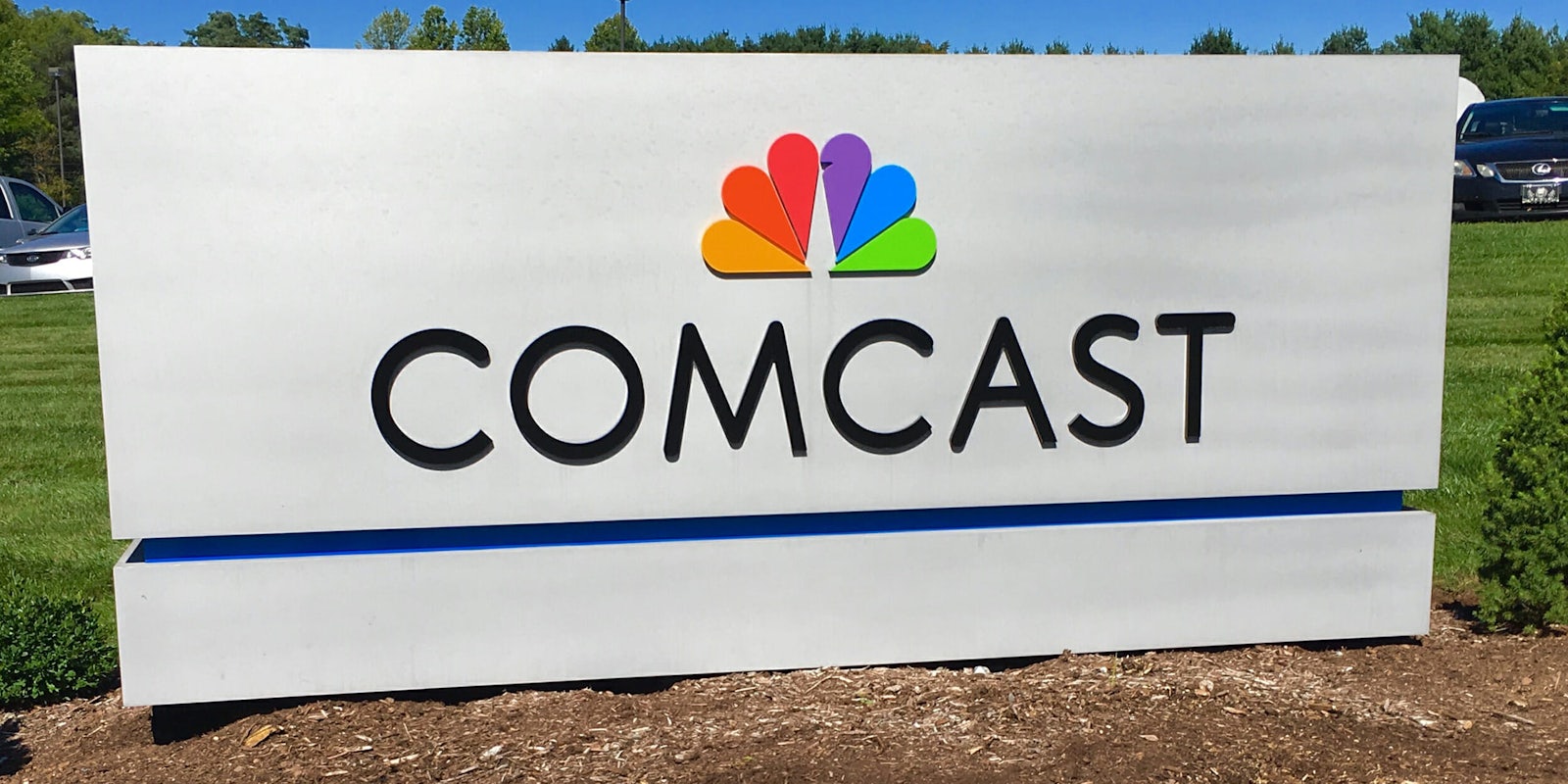Earlier this year, the Trump administration dismantled net neutrality, but since then, states like California have taken it upon themselves to attempt to reinstate the rules broadband companies and ISPs previously had to abide by. Broadband companies and internet service providers aren’t very happy about this. In an effort to weaken these kinds of state broadband regulations, Comcast has been petitioning the FTC to pre-empt state-level consumer protections.
With net neutrality gone, Federal Communications Commission Chairman Ajit Pai said that the Federal Trade Commission would handle any subsequent net neutrality-related disputes. Unfortunately for consumers, the FTC can only take action against a company if they promise one thing and deliver something else. Internet providers such as Comcast and Charter, members of lobbying group Internet and Television Association (NCTA), feel that should remain the status quo.
In a recent statement to the FTC, the cable industry lobby group said that there’s “no reasonable basis in today’s marketplace for singling out ISPs for unique regulatory burdens.” The group wants the FTC to let broadband companies regulate themselves via the free market rather than enforce privacy or net neutrality rules. It also said that the commission should enforce “uniform, consistent federal regulations” in the matter—that is, it should overrule state-level legislation—and that it should use “case-by-case enforcement where necessary to prevent deceptive or unfair business practices or anticompetitive conduct.”
The NCTA’s filing focused on the threat of impending privacy legislation. It also argued that large internet companies like Netflix, Google, Amazon, and Facebook pose a larger threat to American consumers than broadband companies. However, as Ars Technica points out, data from the FCC shows that consumers have choice when it comes to what internet companies they use and little choice when it comes to their broadband provider. For 30 million Americans, Comcast is their only choice; for another 38 million Americans, Charter is their only option.
Broadband companies say that deregulation will help them by allowing greater investment in the industry and wider infrastructure deployment, but without government oversight, these companies are far more likely to kick back, hike up their prices, and do only what’s absolutely necessary to improve their service and coverage.
H/T Techdirt


